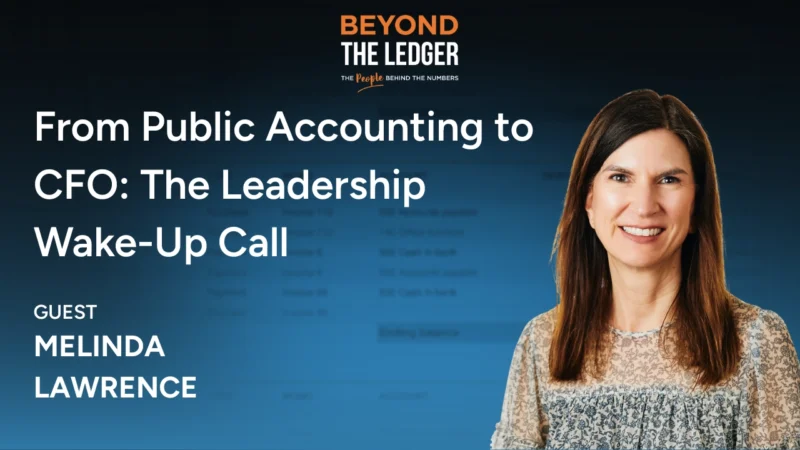Efficiency in Accounting Practice Gets a Turbo Boost with Generative AI
Generative AI’s seismic shift in accounting is more than just numbers—it’s revolutionizing the very fabric of the industry by driving efficiency in accounting practice.
Recent discussions amongst over 20 accounting thought leaders, highlighted the transformative potential of AI in the accounting sector. Blake Oliver, Founder and CEO of Earmark CPE, emphasized that generative AI could slash task times by over 50%, with many professionals already leveraging tools like ChatGPT for diverse tasks, from financial analysis to business planning. A notable 53% of influencers utilize generative AI for marketing and communication, and a promising 50% of executives have integrated AI into finance and tax departments. The technology promises to address the talent shortage in accounting and significantly enhance productivity, especially in audit and tax domains. While there are concerns about data security and copyright, the overarching sentiment is optimistic, with firms urged to adopt best practices for AI’s maximal and safe utilization.
Is generative AI perfected yet? Not quite. However, Dr. Mfon Akpan, Assistant Professor of Accounting at Methodist University, believes utilizing AI to generate efficiency in accounting practice could provide firms an edge over their competition.
Mfon’s Thoughts
How are organizations experiencing benefits from adopting AI in their accounting practices? That is an easy one, efficiency, and that is key. So, if you think about a fixed rate engagement, and now you’re able to complete, let’s say, a process that would take eight hours in five minutes with AI. Then you have an hour for review; you’re way ahead of the game. So, I think the big benefit at this point is efficiency. I say efficiency at this point because AI, as far as the reliability factor, is not 100%; it’s not 90%; however, it can get you at least 50 to 70% of the way.
So, when you think about getting started, particularly with text-based work, you’re 50 to 70% ahead of your competition or other employees. And then you have for that remainder, you need a review. So, with the example I gave with eight hours of work, that starts at zero and generates whatever content needs to be created. And then, with AI, you can produce it in five minutes. However, you still have to review it. So that goes to that question of efficiency, accuracy, and decision-making. The efficiency definitely increases it. However, the accuracy portion is not there yet. So, you need to review.
But even from eight hours to an hour to five minutes, that’s a huge leap in efficiency. But then it adds some drawbacks or ethical questions. Do you disclose to your clients that you’re using AI? So that’s a question: should that be disclosed? And if it’s being disclosed, should you pay your employees more? Should you charge less to your clients or even more because you’re using a technology that makes you even more efficient? So those are some of the questions that come into play.
If we talk about the concerns or challenges, I would say more so on the ethical side of things, particularly with the technology. Is this new? No. You can’t have that whole question of ethics without offshoring. Do you disclose to your client that you have someone in another country preparing your work, their work? In this case, it’s AI. So, we’ve seen those cases, but now it’s, in a sense, it’s not being offshored. It’s being mechanized with technology. Efficiency, and then as the technology improves, I would say that accuracy will definitely increase, and then the impact on the decision-making will increase because with the accuracy, then the output can be trusted more and more, which would lower the review time.
As it moves forward and becomes, let’s say, even more efficient, if possible, from a five-minute timeframe, if we’re using that example; it’s cut down to two minutes. And because of the increase in accuracy, the review time can now be 15 minutes versus an hour. And because of that increased reliability, you can put more trust in the data or even lighter review. The review may not be as intensive. I think it’s interesting times.
Will more students be coming into the profession? I think there’ll be more employees who may not be as skilled. However, critical thinking and the base accounting skills will still be needed because you have to review. You may have someone who is putting the information into whatever AI system; however, you’ll still need someone for review. And I think that will be around; I don’t think that will disappear. The number of people with this critical accounting knowledge may reduce as the accuracy or the time for review decreases, but I think you still need people in it.
But will it draw in more people to the accounting profession? I would say it’ll draw more people into the workforce of accounting. As far as studying, it could be flat or the same with or without AI.
Article by James Kent








